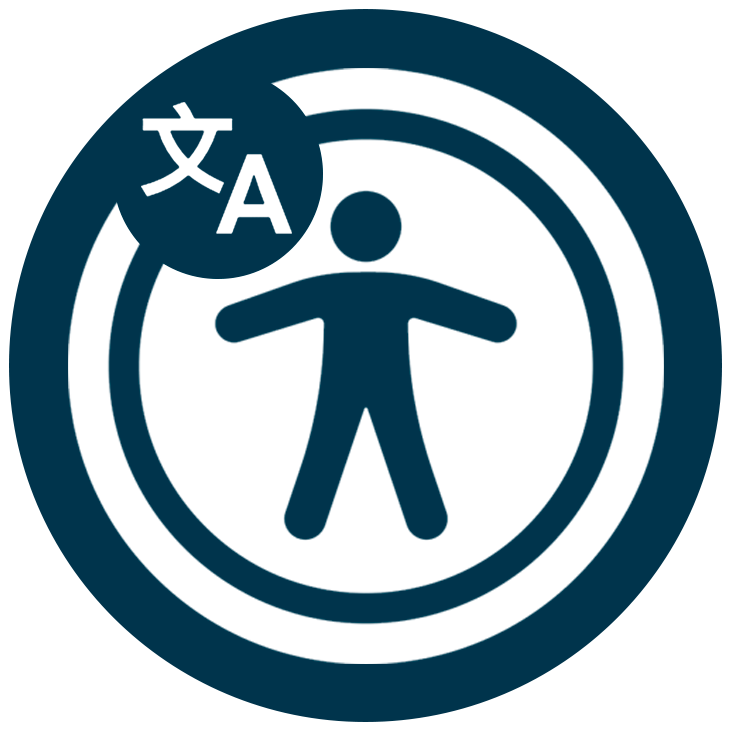International Epilepsy Day, organised by the International Bureau for Epilepsy (IBE) and the International League Against Epilepsy (ILAE), is a global awareness initiative dedicated to increasing understanding of epilepsy, its impact, and the importance of support for those affected. Observed every second Monday of February, this day provides a platform to challenge misconceptions, educate communities, and promote access to care and treatment.
With over 50 million people worldwide living with epilepsy, it is one of the most common neurological conditions. Despite this, misunderstanding and stigma remain significant challenges. International Epilepsy Day aims to empower individuals with knowledge and encourage supportive communities.
What is Epilepsy?
Epilepsy is a neurological condition that causes recurrent seizures. Seizures result from abnormal electrical activity in the brain, which can vary in severity and type.
Common Causes of Epilepsy
- Genetic factors – Some people inherit a tendency to develop epilepsy.
- Brain injuries – Trauma, strokes, or infections can lead to epilepsy.
- Developmental disorders – Conditions like autism may be linked to epilepsy.
- Unknown causes – In many cases, the cause remains unknown.
Types of Seizures
Seizures can present in different ways, depending on the part of the brain affected. The two main categories are:
- Focal (Partial) Seizures – Affect one part of the brain and may cause confusion, unusual sensations, or uncontrolled movements.
- Generalised Seizures – Affect both sides of the brain and can include tonic-clonic seizures (convulsions), absence seizures (staring spells), or myoclonic seizures (sudden jerks).
Not all seizures involve convulsions. Some may be subtle, such as brief loss of awareness or muscle twitches.
Key Facts About Epilepsy
- 1 in 100 people in the UK has epilepsy.
- Seizures can happen to anyone at any time, but with the right treatment, most people can manage their condition.
- Epilepsy is not contagious and has nothing to do with mental illness.
- In many cases, medication can control seizures, allowing people with epilepsy to lead full lives.
Sudden Unexpected Death in Epilepsy (SUDEP) is rare but a serious concern, highlighting the importance of proper management and care.
Despite being common, epilepsy is still misunderstood, leading to unnecessary stigma, discrimination, and social barriers for those affected.
What to Do If Someone Has a Seizure
Knowing how to respond to a seizure can be life-saving. Here’s what you need to do:
If the person is having a convulsive (tonic-clonic) seizure:
✅ Stay calm – Seizures are usually brief and self-limiting.
✅ Time the seizure – If it lasts longer than 5 minutes, call emergency services.
✅ Protect the person – Remove any nearby hazards and place something soft under their head.
✅ Turn them onto their side – This helps keep their airway clear.
✅ Stay with them – Offer reassurance as they recover.
What NOT to do:
❌ Do not restrain them – This can cause injury.
❌ Do not put anything in their mouth – They cannot swallow their tongue.
❌ Do not attempt to wake them up forcefully – Let them recover naturally.
For non-convulsive seizures (e.g., absence seizures or focal seizures), stay with the person, keep them safe, and offer reassurance.
If someone is having multiple seizures in a row, appears injured, or does not regain consciousness, seek emergency medical help immediately.
Managing Epilepsy: Treatment and Lifestyle Considerations
There is no cure for epilepsy, but most people can manage it effectively through:
- Medication – Anti-epileptic drugs (AEDs) help control seizures in many cases.
- Surgery – In some cases, brain surgery may be an option if seizures originate from a specific area.
- Dietary Therapy – Some people benefit from ketogenic or modified Atkins diets.
- Lifestyle Adjustments – Regular sleep, stress management, and avoiding seizure triggers can help reduce episodes.
People with epilepsy can lead active, fulfilling lives with the right support and management.
The Importance of Epilepsy Awareness and Support
1. Reducing Stigma
Misconceptions about epilepsy can lead to discrimination, affecting employment, education, and social inclusion. Raising awareness helps break down barriers and ensures people with epilepsy receive equal opportunities.
2. Encouraging Early Diagnosis & Treatment
Many people ignore or dismiss early signs of epilepsy, delaying diagnosis and treatment. Awareness campaigns like International Epilepsy Day encourage individuals to seek medical advice if they experience unusual symptoms.
3. Supporting Research & Advocacy
Ongoing research is crucial to improving epilepsy treatment and finding potential cures. Advocacy efforts push for better healthcare policies, workplace protections, and support systems.
How to Get Involved in International Epilepsy Day 2025
- Raise Awareness – Share information about epilepsy on blogs, websites, and in your community.
- Attend Events – Many organisations host epilepsy awareness activities. Check with charities like Epilepsy Action or Young Epilepsy.
- Wear Purple – Purple is the recognised colour for epilepsy awareness.
- Support Fundraising Campaigns – Donations help fund research, patient support, and advocacy efforts.
Organisations like Epilepsy Action, Epilepsy Society, and Young Epilepsy provide resources, support services, and opportunities to get involved in making a difference.
Final Thoughts
International Epilepsy Day is a vital opportunity to educate, advocate, and show solidarity with people living with epilepsy. Whether through raising awareness, supporting research, or simply learning how to help in a seizure emergency, everyone can play a part in creating a more inclusive and informed society.
Let’s work together to break down stigma, improve understanding, and support those affected by epilepsy.











